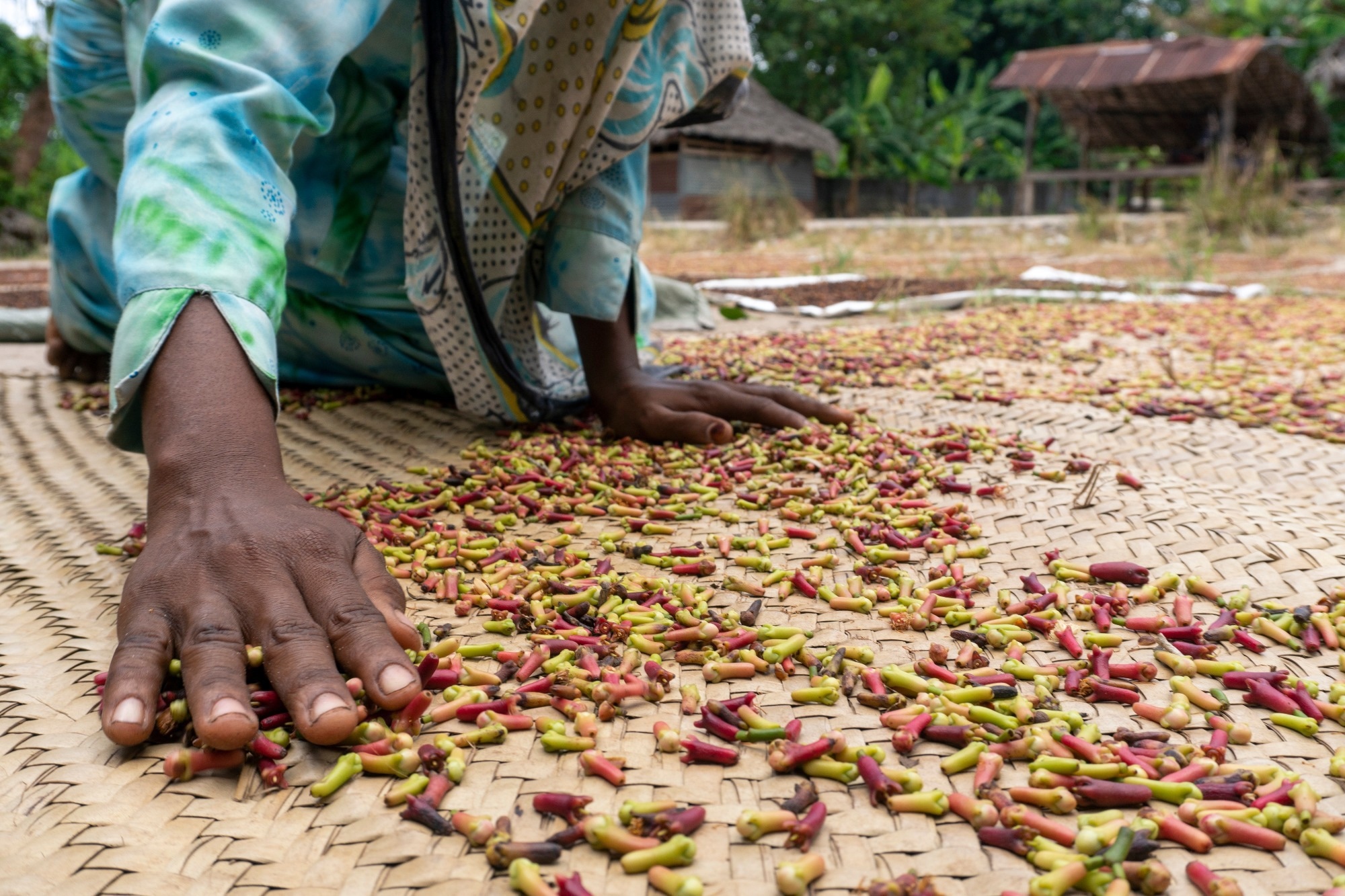A landmark Tanzanian trial shows that traditional plant-based diets and fermented beverages like Mbege can reverse the inflammatory effects of Western diets—reshaping our understanding of food, immunity, and disease prevention.

Study: Immune and metabolic effects of African heritage diets versus Western diets in men: a randomized controlled trial. Image Credit: Gideon Ikigai / Shutterstock
In a recent study published in the journal Nature Medicine, researchers investigated the immune and metabolic consequences of replacing African heritage diets with Western diets, an increasingly popular trend among urban African households. They conducted a randomized controlled trial involving 77 healthy African men from rural and urban areas, divided into three cohorts: 1. Heritage diet, 2. Western diet, and 3. Urban men maintaining their Western diet while adding fermented ‘Mbege’ drink (1 week).
Study findings revealed that replacing traditional diets with Western diets increased participants’ levels of biomarkers linked to non-communicable diseases (NCDs), pro-inflammatory cytokine responses, and attenuated immune function. In contrast, both the shift from Western diets to heritage diets and the inclusion of fermented beverages promoted anti-inflammatory responses.
Background
Noncommunicable disease (NCD) prevalence is at an all-time high, with the World Health Organization (WHO) estimating in 2021 that NCDs are responsible for 43 million deaths annually, approximately 75% of all non-infection-associated human deaths. Research suggests that low- and middle-income nations, particularly those in Asia and sub-Saharan Africa, account for a majority of these deaths (~32 million), highlighting the need for identifying and curbing their drivers.
Recent studies across sub-Saharan Africa highlight an alarming trend – urban adult mortality rates have now surpassed those of rural areas, with the incidence and prevalence of cardiovascular diseases (CVDs), diabetes, and others imposing significant strain on the region’s healthcare system. Scientists attribute these trends to urban lifestyle changes, particularly the shift from the traditional African ‘heritage’ diet to the calorie-dense yet nutrient-poor Western diet (WD).
“Plant-based diets and fermented foods are increasingly recognized for their beneficial immune and metabolic effects. In contrast, Western-style diets, high in calorie-dense and processed foods, drive metabolic dysfunction, systemic inflammation, and long-term immune cell reprogramming—a phenomenon known as ‘maladaptive trained immunity’, which is hypothesized to be a proposed mechanism driving NCDs.
While African heritage diets, like most traditional diets worldwide (e.g., the Mediterranean and Japanese diets), are notable for being rich in green vegetables, plantains, legumes, whole grains, tuber, and root crops, their traditional fermented beverages, such as ‘Mbege,’ are medically considered healthy but may carry risks (e.g., alcohol content or mycotoxins if improperly prepared) as cautioned in the study.
About the Study
The present study aims to address this knowledge gap by using a randomized controlled trial to estimate the immunological and metabolic impacts of dietary replacements, both from traditional diets (TD) to Western diets (WD) and vice versa, among African populations. The two-week-long study was carried out in the Moshi district (Kilimanjaro, Tanzania) between April and August 2021 and comprised young (age = 20–40 yrs) healthy (BMI = 18–25 kg/m²) male participants from Uru Shimbwe Juu village (rural heritage diet) and Moshi town (urban Western diet).
Participants were screened via dietary recall questionnaires, with only rural participants adhering to a heritage diet and urban participants adhering to a Western diet included in further evaluations. Participants’ activity levels (engagements in physical activities, walking, and sports) were recorded for downstream covariate adjustments.
The study intervention comprised the following: 1. Rural men (n = 23) replacing their traditional diet with a WD for 2 weeks; 2. Urban men (n = 22) replacing their WD with a heritage diet (2 weeks); and 3. Urban men maintaining their Western diet while adding the ‘Mbege’ beverage to their diet (1 liter daily for 1 week). Five men for each dietary pattern were also asked not to switch diets, acting as controls. The researchers provided both the heritage diet and WD three times daily.
Study Findings
Switching from the heritage diet to the WD was observed to have an adverse impact on several immunological and metabolic pathways, including increased inflammatory proteins and reduced cytokine responses to infections, some of which have known associations with disease susceptibility and NCDs. This dietary shift was found to trigger a pro-inflammatory state in immune cells (leukocytes), alter gene expression (as indicated by transcriptomic profiles), and upregulate inflammatory biomarkers, resulting in chronic inflammation (a known risk factor for NCDs) and attenuated immune responses to microbial stimulation (such as infections).
“Some of these changes persisted for 4 weeks after the intervention, demonstrating a sustained impact, though inflammatory protein levels partially reversed during this period, while trained immunity markers (e.g., neutrophil responses) remained altered,” the authors noted.
In contrast, the shift from Western diets to African heritage diets was demonstrated to have the opposite effect, improving immune function and promoting the release of anti-inflammatory biomarkers, suggesting a potential reduction in NCD risk. The Mbege beverage was observed to demonstrate similar benefits, including improved neutrophil response to microbial stimulation and overall metabolite profiles.
Conclusions
The present study highlights the importance of dietary changes in mediating biomarkers associated with NCD risk and immune performance. It validates the African heritage diet as a promoter of health and well-being by improving immune response and attenuating chronic inflammation.
However, the study had limitations as noted in the paper: the 2-week intervention period may not reflect long-term effects, the all-male participant pool limits generalizability, and the Western diet group gained an average of 2.6 kg during the trial, which could independently influence metabolic outcomes.
In contrast, it demonstrates the adverse effects of WDs in exacerbating biomarkers of NCD risk, thereby urging further research and public health policies to promote traditional dietary patterns (including fermented beverages prepared safely) to lessen the growing burden of NCD-associated mortality across the sub-Saharan region.
Journal reference:
- Temba, G.S., Pecht, T., Kullaya, V.I. et al. Immune and metabolic effects of African heritage diets versus Western diets in men: a randomized controlled trial. Nat Med (2025), DOI – 10.1038/s41591-025-03602-0, https://www.nature.com/articles/s41591-025-03602-0